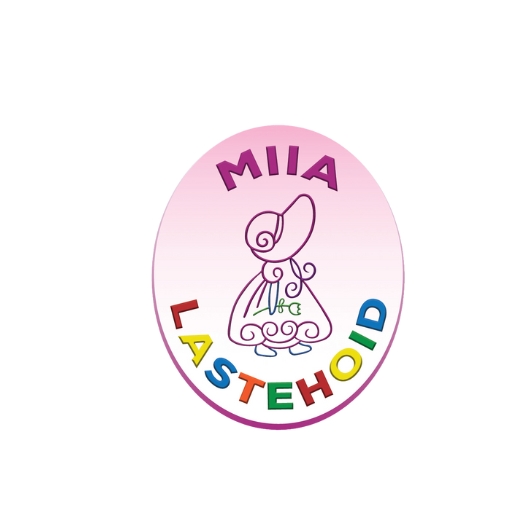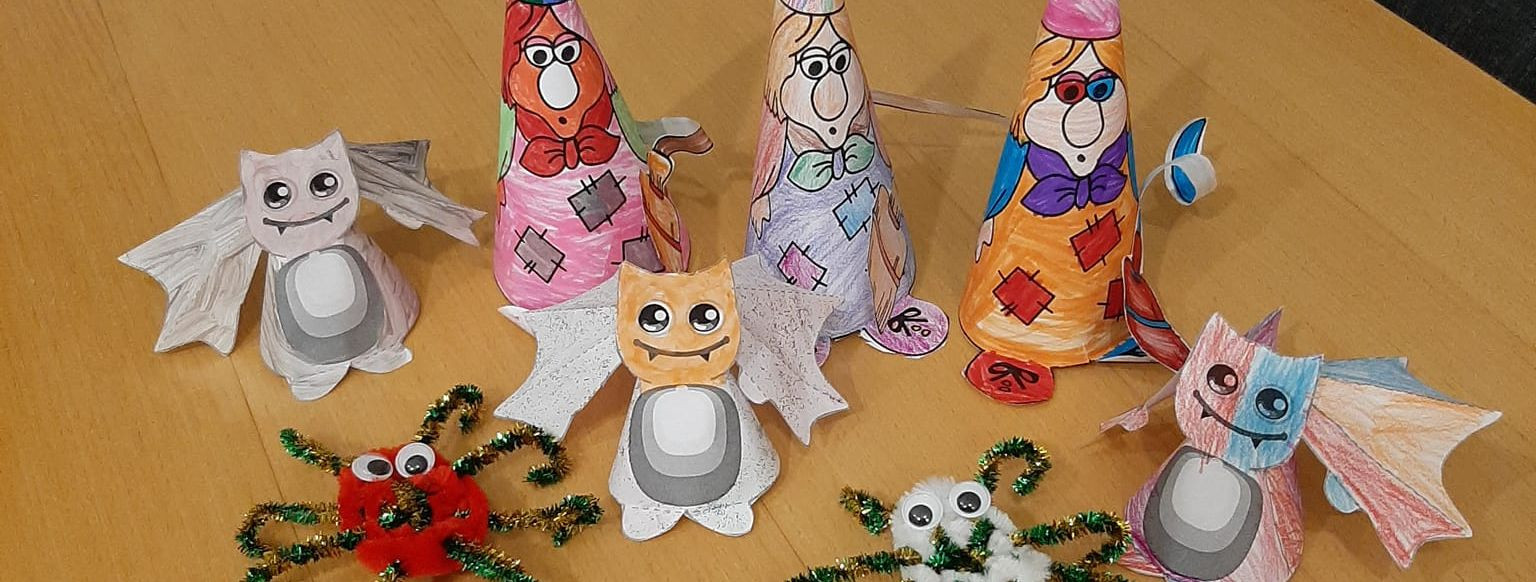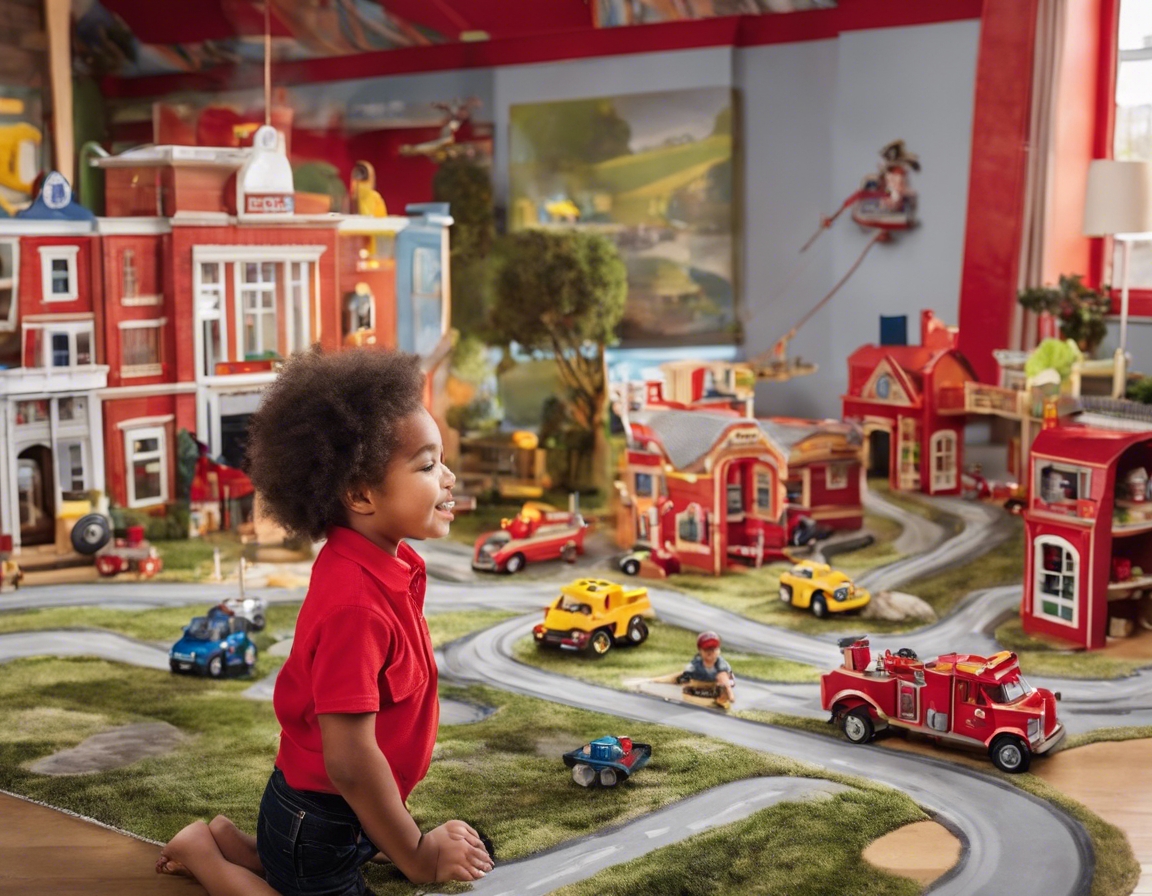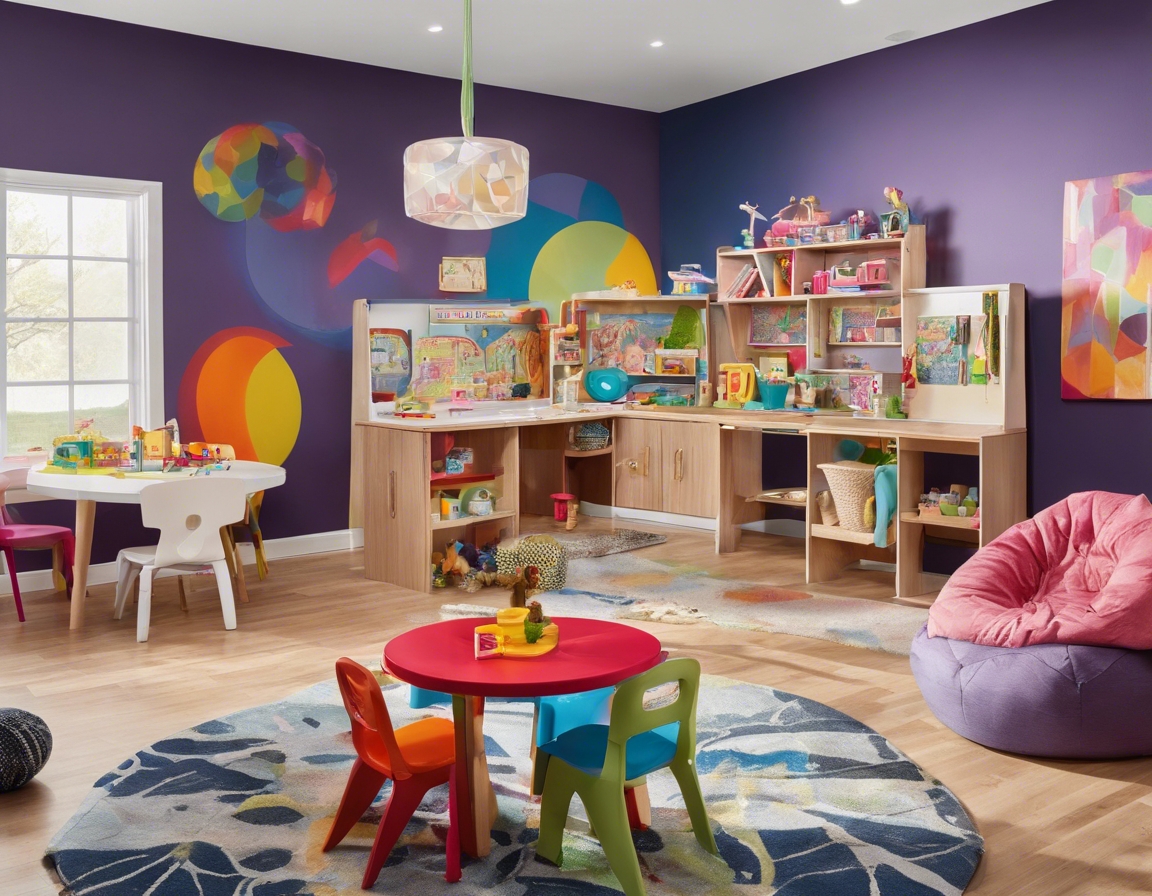The benefits of play in early childhood
Play is the cornerstone of early childhood development, serving as a powerful tool for learning and growth. It is through play that children explore the world, understand social norms, and develop critical cognitive, social, emotional, and physical skills.
Play in early childhood refers to a wide range of activities that are freely chosen, personally directed, and intrinsically motivated. These activities are fundamental to the healthy development of children and are characterized by their spontaneity and joyfulness.
Play is not just about fun and games; it is a serious business when it comes to a child's health and development. From peek-a-boo to pat-a-cake and hide-and-seek to hopscotch, the many forms of play enrich a child's brain, body, and life in important ways.
Cognitive Benefits of Play
Through play, children learn to engage and interact with the world around them. This active engagement promotes complex thought processes and enhances their problem-solving abilities, laying the foundation for successful learning.
Imaginative play fosters creativity by encouraging children to create new worlds, roles, and scenarios. This not only entertains them but also builds their creative and abstract thinking skills.
Playful interactions and storytelling contribute to language development, helping children improve their vocabulary and understanding of language structures. This sets the stage for literacy skills that are crucial for future academic success.
Social and Emotional Benefits of Play
Group play requires children to negotiate, share, and collaborate, which are essential skills for building relationships and functioning effectively in society.
Through play, children learn to manage their emotions, cope with challenges, and gain confidence. This emotional intelligence is key to their overall well-being and success in life.
Play provides a safe space for children to express their thoughts and feelings, helping them to develop a strong sense of self and the confidence to face the world.
Physical Benefits of Play
Physical play helps children develop both fine and gross motor skills, which are important for their overall health and abilities to perform everyday tasks.
Active play encourages a lifestyle that includes physical activity, which is important for preventing childhood obesity and promoting lifelong health.
Play and the Connection to the Real World
Through play, children learn about their environment and the wider society, gaining an understanding of the world and their place within it.
Play-based learning provides a strong foundation for the more structured learning that takes place in school, helping children to transition smoothly into formal education.






Comments (0)